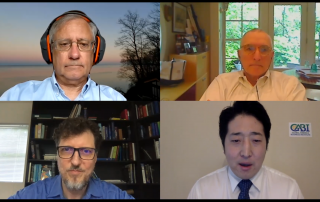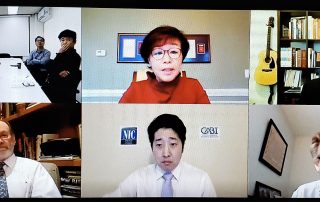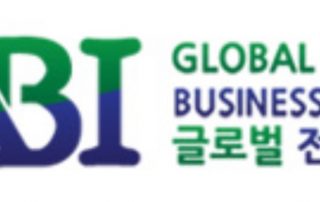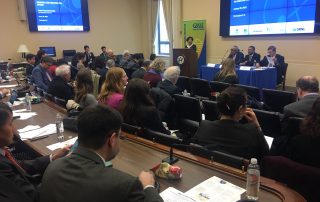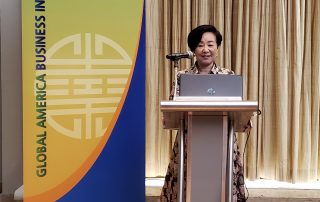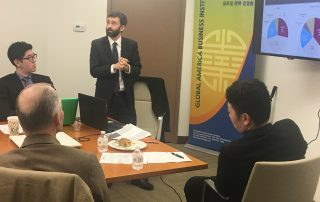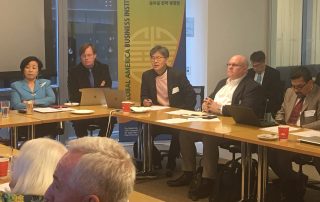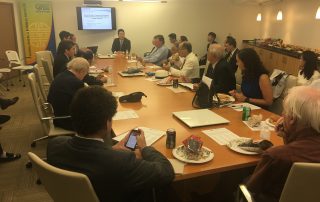GABI organizes nuclear energy roundtable discussions on a diverse range of topics that are relevant to nuclear markets both in the United States and globally. The discussion topics range from the civil nuclear partnerships, nuclear safety, nonproliferation, spent fuel management, international R&D and commercial collaboration, market and industry forecasts, and other related topics.
Enhancing the Economic Competitiveness of Advanced Nuclear
Nuclear technologies have typically struggled to compete with natural gas on economics alone, as nuclear technologies tend to come with high capital costs and significant operational and maintenance costs. HolosGen is a very-small modular reactor design company that has developed the Holos Quad, a reactor core that can address the cost issues associated with nuclear.

